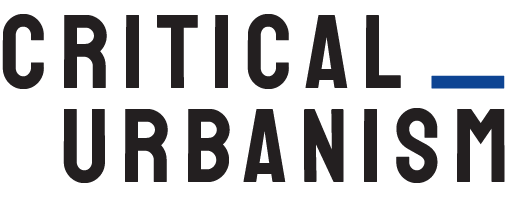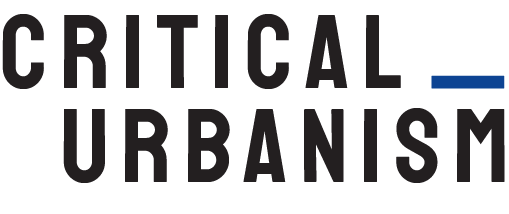
A Critical Theory of the ‘Public’ for Digitally Mediated Urbanization
The goal of this journal issue is to explore notions and practices of ‘public space’, which emerge due to proliferation of digital data about spaces and spatial relations – from ‘accessible’ and ‘transparent’ to ‘deliberated’ and ‘identity giving’. And, further, to discuss these notions and practices of ‘public space’ from the angle of the particular traits of reality that mark the turn to the digital humanities – new modes of data, new study methods, new types of researchers, as well as new types of recipients of research results.
All materials collected for this special journal issue have at least three traits in common. Firstly, they respond to the historical situation, in which proliferation of digital data is not anymore considered as solely an instrument of democratization, but equally as a tool for manipulations, domestication of social activism, and tighter control. Secondly, each of the issue’s materials presents its own kind of argument against technological determinism as a mode of thinking, in which invention and application of digital tools (to conduct research on spatial relations, to create new public arenas for deliberation, or to plan and program already existing spaces) are seen as a solution without examination of how exactly those tools are institutionalized and put into practice by already existing social forces. Thirdly, they all provoke de-familiarization with and rethinking of spatial forms and practices, with which public space has been associated before the Internet.
Digitalization and various modes of landscapes’ formation with the public purpose provide a rich material for rethinking the public space in terms of how it is practiced and infrastructurally organized.
Digitalization and various modes of landscapes’ formation with the public purpose thus emerging (from voting or polling regarding urban planning cases to finding spatial evidence for a disputed military or political case) indeed provide a rich material for rethinking the public space in terms of how it is practiced and infrastructurally organized.



